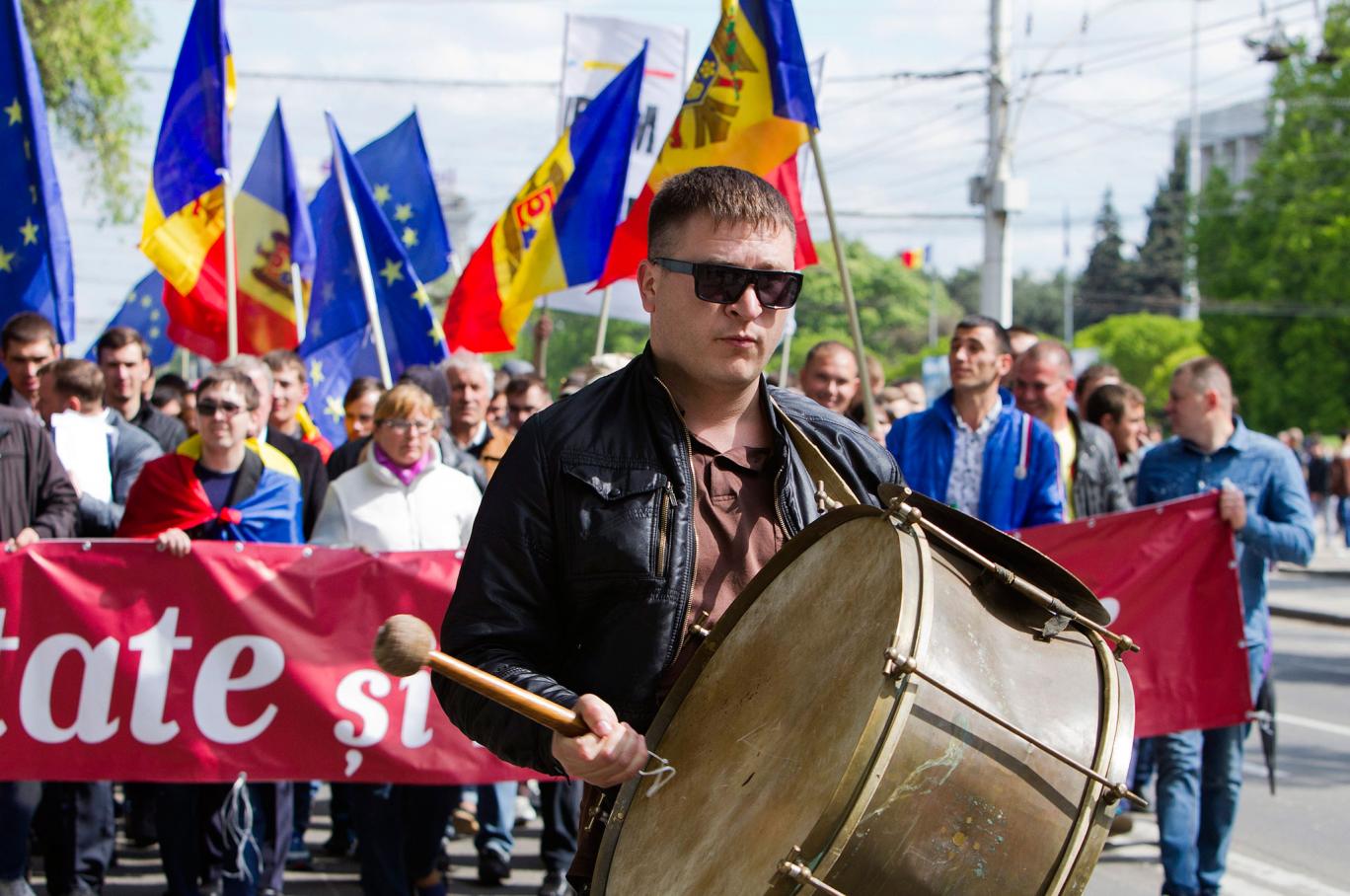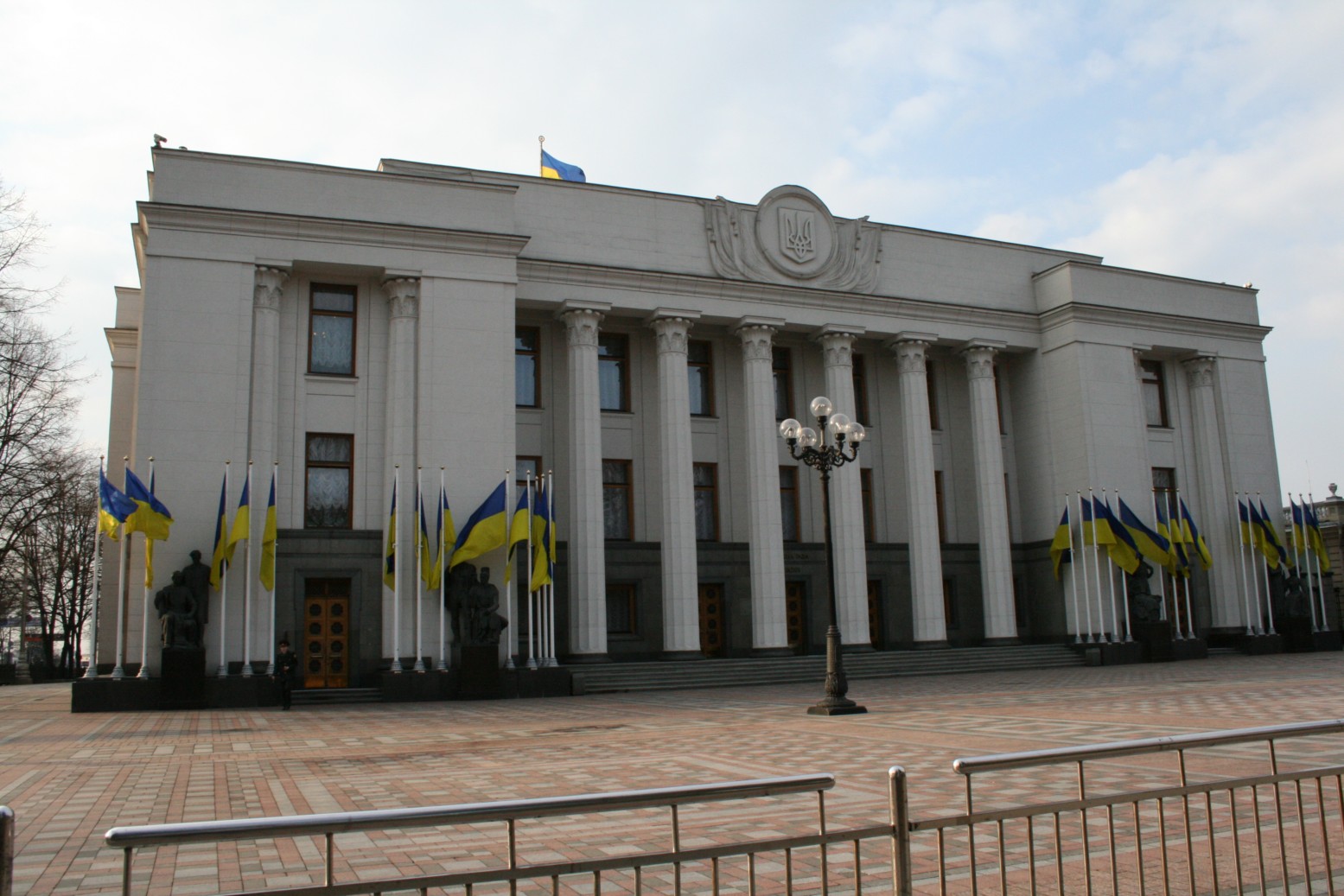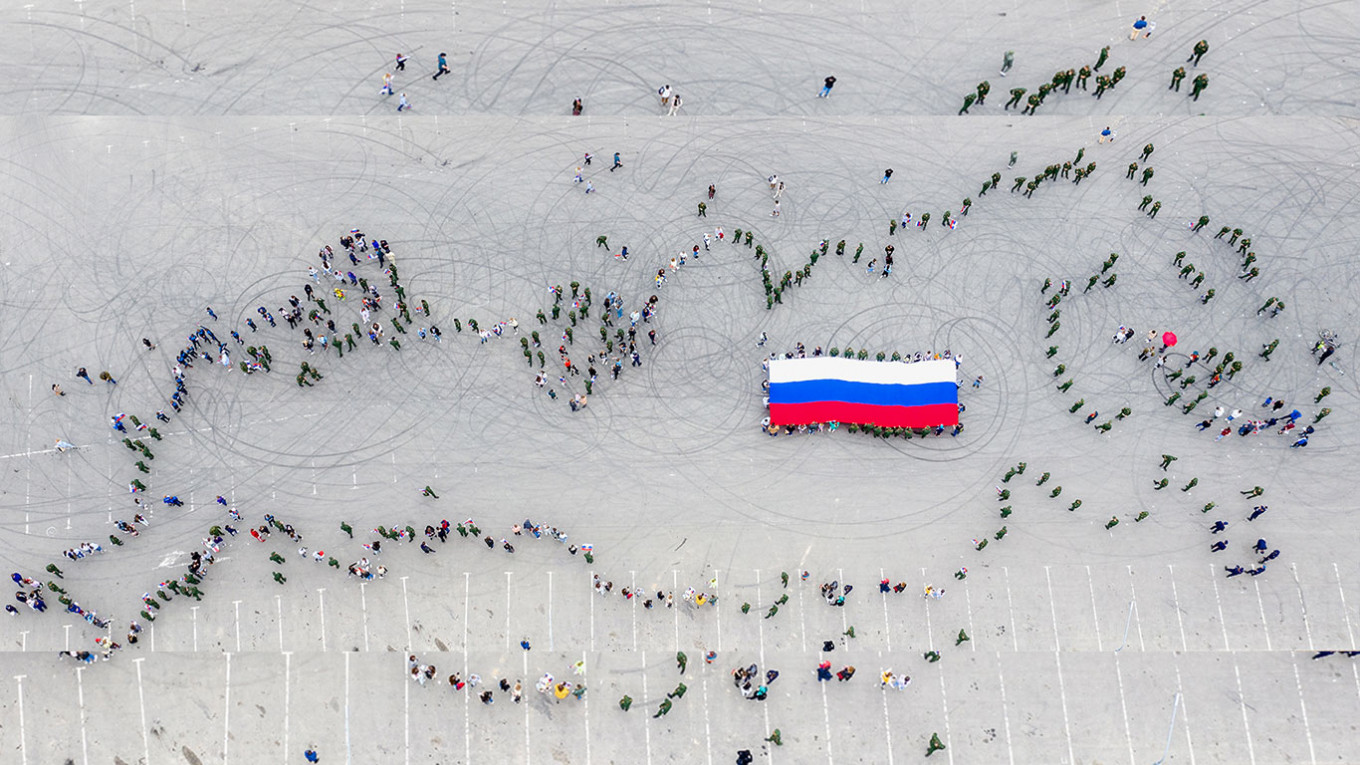
Moldova’s Regime-Change Movements: Pro-Russia Ascendant, Pro-West Losing Steam (Part One)
Moldova’s Regime-Change Movements: Pro-Russia Ascendant, Pro-West Losing Steam (Part One)
As anticipated from the outset (see EDM, September 9), the pro-Europe “Platform for Dignity and Truth” in Moldova has: 1) steadily lost steam in its effort to replace Moldova’s declared “pro-Europe” government with a genuine one, and 2) been overtaken by Russia-oriented regime-changers, with potentially more effective “color-revolution” tactics. The “Platform,” a small group of civil-society stalwarts, is now turning more radical and aggressive to compensate for dwindling public support, lack of a program and strategy, and failure to peel off elements of the establishment (see below).
One month ago (September 6), the Platform launched its non-stop anti-government protests, with a tent camp in Chisinau’s central square. Ten days ago (September 24/25) the opposition Socialist Party and Our Party launched their own regime-change movement and tent camp in that same place. Led by Igor Dodon and Renato Usatii, respectively, these parties use revolutionary tactics and rhetoric closely resembling the Platform’s, but with the opposite aim—that of re-orienting Moldova toward Russia and the Eurasian Economic Union.
Platform followers regard the incumbent government and the whole party system as irreparably corrupt and incapable of bringing Moldova closer to the European Union, necessitating a new cast of pro-Western politicians in power. The pro-Russia parties, however, exploit the corruption scandals to discredit the European choice as such, conflating it with this government, and aiming to win state power themselves.
The pro-Russia parties are clearly stronger than the Platform in terms of organization and financing, country-wide structures, logistics and mobilization potential, foothold in the parliament, control of a dozen district-level municipalities, relatively fresh leadership with Dodon and Usatii, and support drawn both from Romanian-speaking and Russian-speaking population groups. The Platform possesses none of those assets. The balance of strength inclines to the pro-Russia side, even though Moscow has not yet weighed in to support its favorites.
Their rival ideologies and policies notwithstanding, both movements share the short-term objective of regime change, and are airing almost identical demands toward that end. Their common tactical goals and demands are: resignation of President Nicolae Timofti; a negotiated resignation of Valeriu Strelet’s coalition government or—alternatively—the government’s dismissal by a parliamentary vote of no-confidence; ouster of the heads of law enforcement and regulatory agencies through criminal charges against them; the holding of pre-term parliamentary elections; and changing the constitution to elect the state president by popular vote (instead of election by the parliament).
There is no indication that the Platform and the two pro-Russia parties coordinate with each other. The Socialist and Our Party leaders, Dodon and Usatyi, are calling for coordination with the Platform on the “common agenda” of toppling the government. Platform leaders are not responding to such entreaties. But their respective tent camps are peacefully co-existing, literally side by side in Chisinau’s central square, in tactical convergence at this stage. They carefully avoid obstructing each other’s actions, even yielding public spaces to each other for their separately held events.
A mutual synergy effect has developed between the two movements, even without explicit intent. Both movements attack the government in almost identical words: as oligarchic (the most popular insult in both movements), criminal, bandit, anti-people, usurper of power, destined for the jails. Some of this language reproduces that of the Moldovan Communist Party’s 2012–2013 brief “revolutionary” phase. When a pro-Europe group such as the Platform undertakes not just to criticize, but to de-legitimize a declared pro-Europe government, it only helps the pro-Russian Left’s own effort to de-legitimize and topple that government.
The Platform’s leadership group, comprised of 14 persons, operates in a triple role as the visible face of the protest movement, the drafter of the movement’s resolutions (for approval by protest participants in the square), and the contact group for a possible dialogue with the state authorities (which the authorities have not entered into, thus far). This group includes a few civil-society activists of 1990s vintage, a few students half that age, and a few journalists and bloggers. Most of them come across as starry-eyed political idealists, and all are lacking in political or managerial experience. The group’s intellectual leader, Igor Botan, a long-time political pundit on television, opposes the idea of turning the Platform into a political party, although he insists on new elections to be held soon. The group’s operational leader, the lawyer Andrei Nastase, seems to prepare for an as yet undefined political role.
Platform leaders have yet to produce any kind of program, or to formulate a strategy other than “Down with them all.” The Platform’s discourse monotonously repeats the same words—“oligarchs, captured state, usurped power, return the stolen billion(s)”—every day, in virtually every paragraph of their speeches and resolutions. The Platform is not perceived as a potential alternative to the incumbent government, for all its sins. Hence, no significant public figure from politics, local business, academia, or the literary and cultural sphere has joined this movement. Unlike earlier “color revolutions” (the tactics of which seem to inspire the Platform), it has not been able to attract any elements from the establishment. In Moldova’s Romanian-language media, the mainstream pro-Europe commentariat regards the Platform with ambivalence.
For all these reasons, Plaform leaders see their public support dwindling numerically in Chisinau’s central square. They have held rallies in district-seat towns (Moldova has more than 30 districts), but these events normally draw no more than 100 people, judging from the Platform’s video footage. Participants seem to be almost entirely Romanian-speaking. If “Russian-speakers” attend, they are hardly visible or audible.


